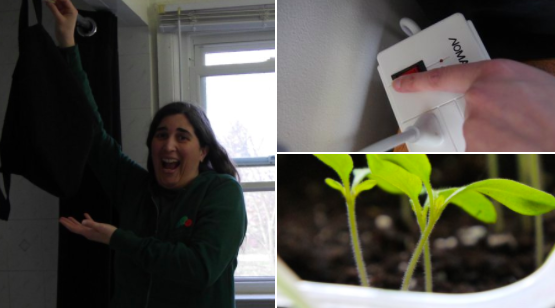Overview of Grant
SSHRC's Partnership Engage Grants are designed to address the short-term needs, challenges and opportunities of researchers and institutions. These grants are meant for a researcher and a single partner organization from the not-for-profit, public or private sector, and put a strong emphasis on the relevance to, and involvement of, partner organizations.
Value: $7,000 to $25,000
Duration: one year
Application Deadline: June 15, 2020
Description
Partnership Engage Grants are expected to respond to the objectives of the Insight program and the Connection program. These grants provide short-term and timely support for partnered research activities that will inform decision-making at a single partner organization from the public, private or not-for-profit sector. The small-scale, stakeholder-driven partnerships supported through Partnership Engage Grants are meant to respond to immediate needs and time constraints facing organizations in non-academic sectors. In addressing an organization-specific need, challenge and/or opportunity, these partnerships let non-academic organizations and postsecondary researchers access each other’s unique knowledge, expertise and capabilities on topics of mutual interest.
SSHRC welcomes applications involving Indigenous research, as well as those involving research-creation.
Future Challenge Areas
SSHRC invites all applicants to review Imagining Canada’s Future’s 16 future global challenges and to consider addressing one or more of these areas in their research proposal. This is not an evaluation criterion for merit review and does not offer additional or dedicated research funds for this funding opportunity.
Application Process
All interested researchers are asked to forward the following to the Applied Research & Innovation (ARI) contacts listed below, by April 30, 2020:
- A synopsis of the project
- Name of the industry and/or community partner
- Curriculum vitae (CV)
Once the above is submitted to ARI, we will forward you the application package. We will also be offering an online information session. Please register here after sending the above to ARI.
If you have any questions, please reach out to us:
- Ginger Grant, Associate Dean, ARI at ginger.grant@humber.ca
- Raeshelle Morris, Innovation Program Manager, ARI at raeshelle.morris@humber.ca













